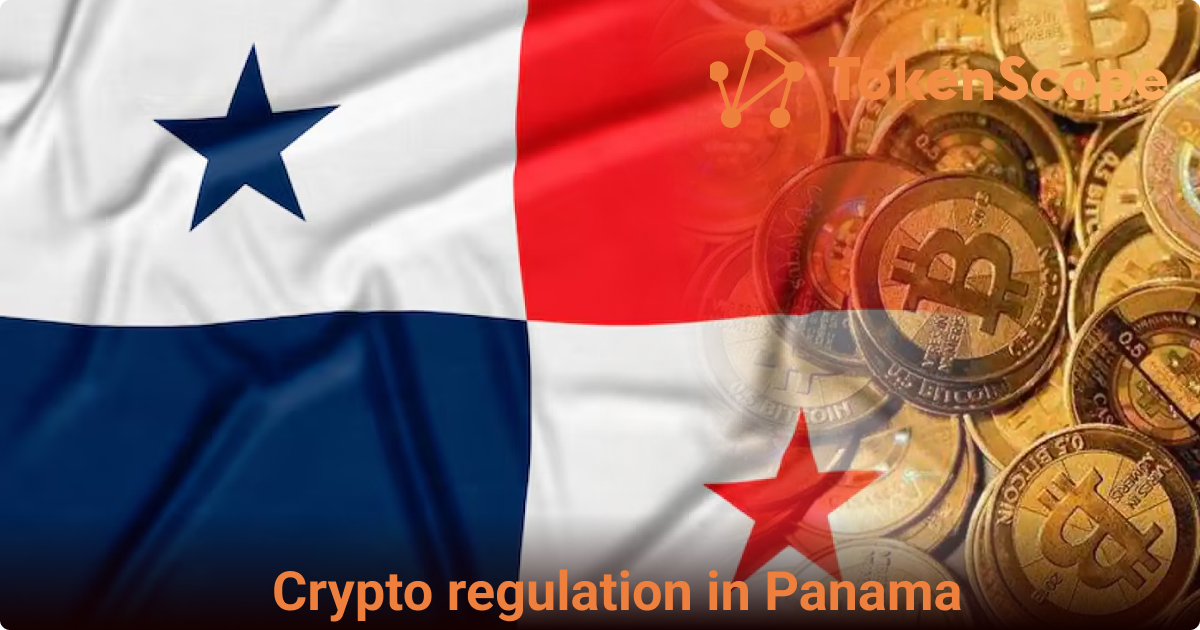Crypto regulation in Panama

Panama is currently experiencing a significant shift towards cryptocurrency adoption, driven by a combination of favorable regulatory conditions, growing public interest, and the establishment of a supportive financial infrastructure. The country has been proactive in its approach to cryptocurrency regulation. A notable legislative effort was Bill No. 697, which aimed to create a legal framework for the use of cryptocurrencies and digital assets and legalize them same as in El Salvador. Although this bill was vetoed by President Laurentino Cortizo in 2023, discussions around cryptocurrency regulation continue in Parliament, indicating ongoing legislative interest. The proposed regulations are expected to address issues such as anti-money laundering (AML) measures and consumer protection while fostering innovation in the sector.
The country is emerging as a hub for crypto enthusiasts, with increasing interest from both local and international investors. Panama ranks ninth globally in terms of readiness for cryptocurrency adoption, according to Forex Suggest, which evaluates factors like public interest and the presence of Bitcoin ATMs—about 29 are located mainly in Panama City. This infrastructure supports everyday transactions and reflects a growing acceptance of cryptocurrencies among the general public.
Educational institutions in Panama are also contributing to this trend by offering programs focused on blockchain technology and cryptocurrencies. Universities such as Universidad Latina de Panama are training professionals to meet the demands of this evolving field, further supporting the country's crypto ecosystem.
The real estate market in Panama is witnessing increased interest from crypto investors who view tangible assets as a hedge against inflation. Many sellers are now open to accepting cryptocurrencies as payment, enhancing the practicality of using digital currencies for significant transactions. Additionally, banks like TowerBank are integrating cryptocurrency services, allowing customers to buy Bitcoin directly through their platforms.
Cryptocurrencies status
As of now, Panama does not have specific laws that regulate cryptocurrencies, meaning that crypto assets are not recognized as currencies, financial instruments, or securities under existing legislation. The Superintendence of Banks and the Superintendence of Securities Market (SMV) have issued non-binding opinions stating that cryptocurrencies fall outside their regulatory purview. This absence of regulation places many cryptocurrency activities in a legal grey area, allowing companies to operate without formal licensing requirements.
In 2021, Panama introduced Bill No. 697, which aimed to create a legal framework for cryptocurrencies and blockchain technology. This bill sought to allow the use of cryptocurrencies for transactions and establish guidelines for digital asset issuance. However, it faced a presidential veto and was later declared unconstitutional by the Supreme Court in July 2023, effectively nullifying its potential impact. Without this legislation, the regulatory environment remains uncertain.
VASPs regulations
In Panama, the legal framework for Virtual Asset Service Providers (VASPs) is still developing, but there are certain requirements that companies must meet to operate legally in the cryptocurrency sector. Companies must register as a legal entity in Panama, typically as a Specialized Financial Institution (SFI). This involves submitting a detailed business plan and operational descriptions to the relevant authorities.
VASPs are also required to develop and implement internal policies for AML and KYC (Know Your Customer) compliance. This includes customer due diligence procedures and monitoring high-risk transactions. Also VASPs must publish specific information on their websites, including their commercial name, physical address, domain names, contact emails, terms of use, and privacy policies.
There are different types of licenses available depending on the services provided, including exchange license, custody provider and NFT-marketplace.
Taxation
In Panama, the taxation of cryptocurrencies is characterized by a relatively favorable environment for investors and businesses involved in digital assets. Panama does not impose a capital gains tax on profits derived from the sale of cryptocurrencies. This absence of a capital gains tax makes it an attractive jurisdiction for trading and investing in crypto assets.
Cryptocurrency transactions are also exempt from VAT. This means that buying, selling, or using cryptocurrencies for goods and services does not incur VAT, further encouraging adoption and use within the economy. There is no dividend tax specifically for cryptocurrency assets, which can enhance the attractiveness of holding crypto investments within corporate structures.
Panama presents a favorable tax environment for cryptocurrency transactions due to its lack of capital gains tax and VAT exemptions. However, businesses must navigate existing corporate tax obligations and comply with AML/KYC regulations to operate legally. As regulatory frameworks evolve, ongoing monitoring of legal developments will be essential for businesses and investors in the crypto space.




